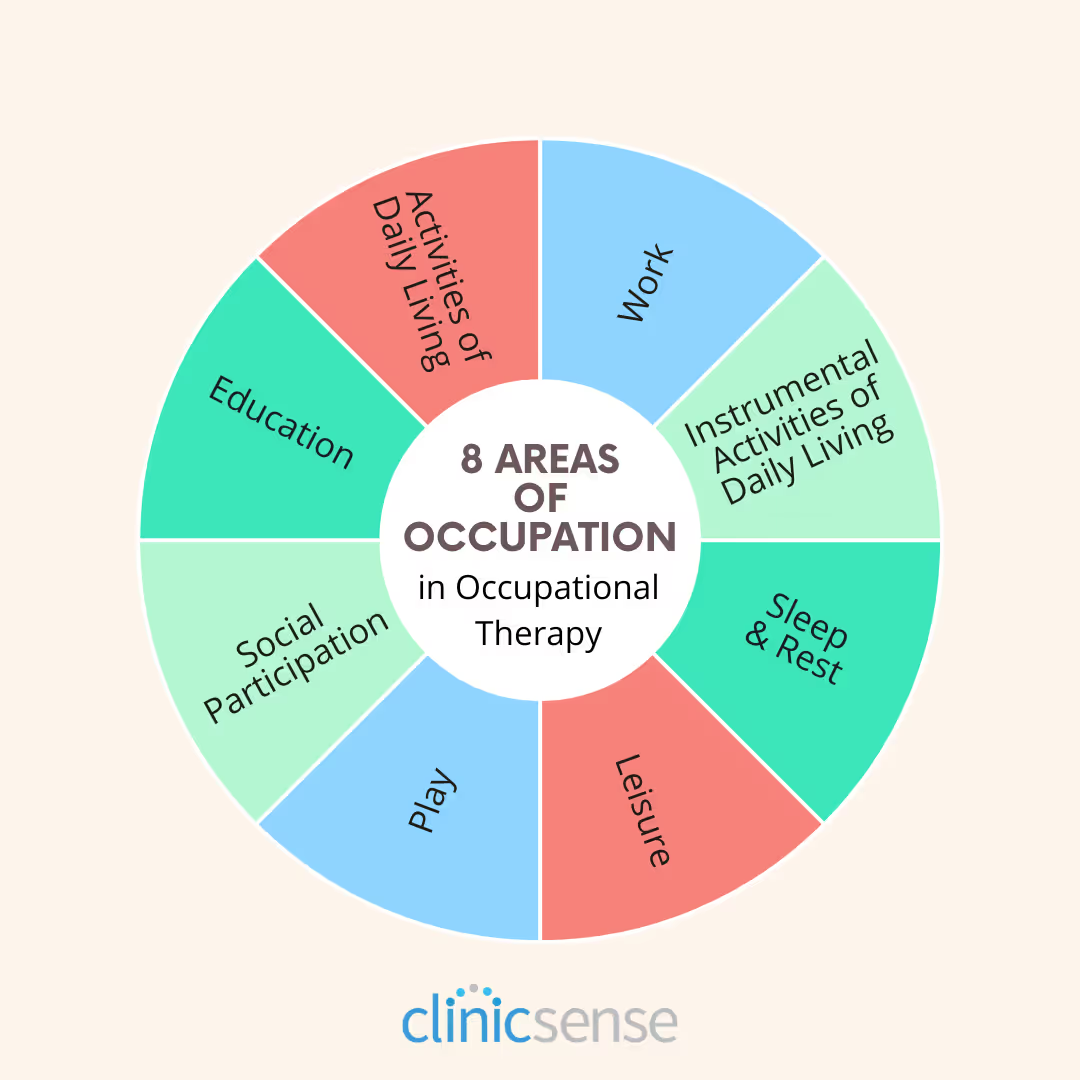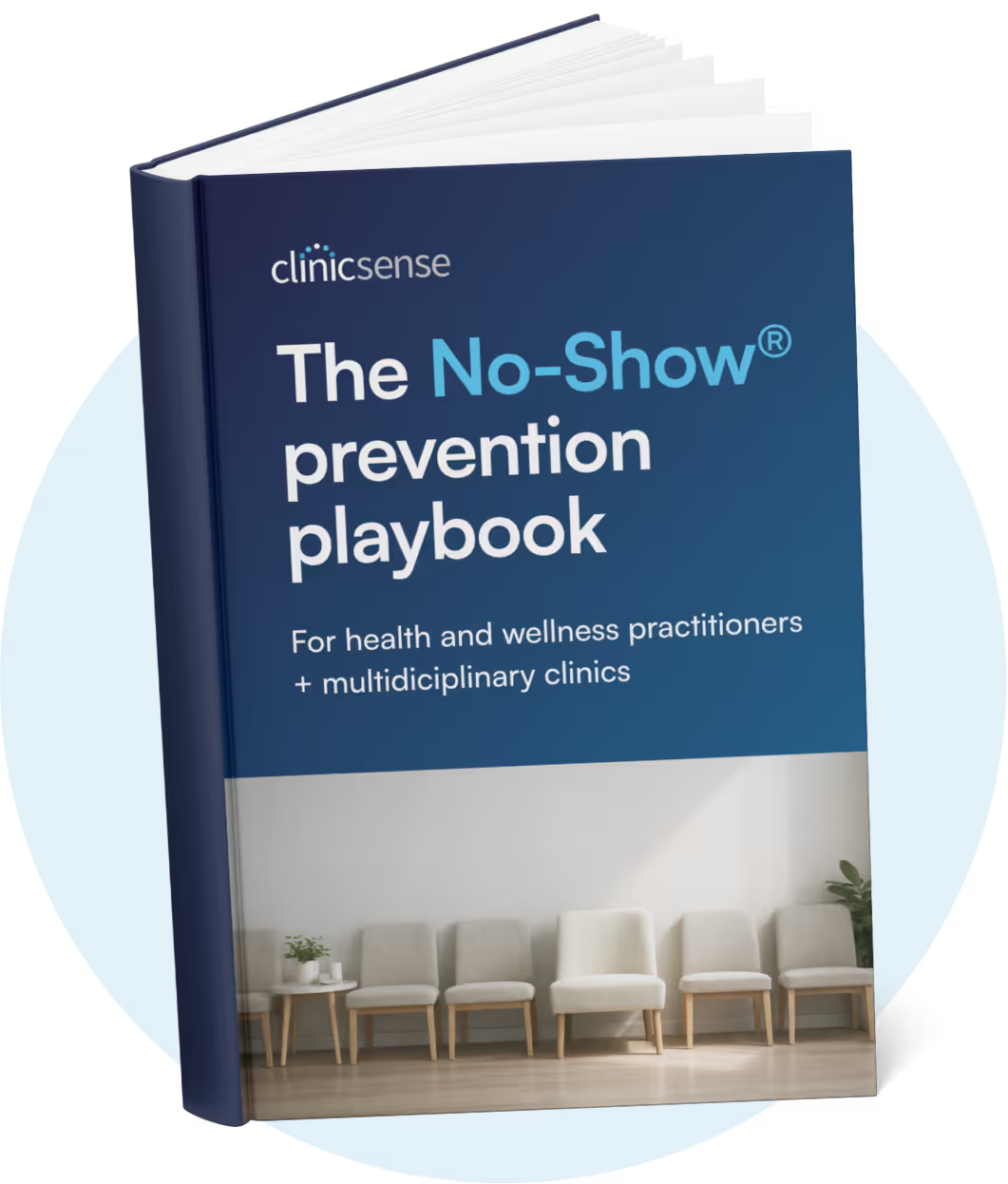Occupational Therapy Business Tips
July 23, 2023

Occupational therapy specializations offer an exciting array of opportunities for OTs passionate about making a difference in their patients' lives. As the demand for personalized care grows, these specializations have become increasingly important and sought-after. This article highlights some of the most rewarding and high-paying specializations you may consider.
Whether you're drawn to pediatric occupational therapy or intrigued by neurodevelopmental treatment, there's a specialization to match your interests. If your career goals involve getting more patients, opening your own wellness center, or you simply want to earn more money, specialization may be the way to go. Remember, the core mission of all occupational therapy is to enhance patients' quality of life and independence. That's reason enough to specialize. Let's explore your options!
An Occupational Therapist (OT) focuses on enhancing patients' abilities to perform activities they find meaningful and purposeful. Their roles are highly diverse, ranging from physical rehabilitation to cognitive skills development, always emphasizing maximizing the patient's quality of life and functional independence.
OTs use a client-centred, holistic approach to improve a patient's ability to perform activities of daily life. They work with individuals across all ages, dealing with various diagnoses, and promote independence in all life aspects, such as work, play, education, and social participation.
OTs can work in a multitude of settings, including hospitals, schools, and community centers, supporting patients from injury recovery to mental health challenges. Unlike Physical Therapists who focus on mobility, OTs emphasize function in terms of meaningful activities to the patient, including self-care and leisure activities.
A specialization in Occupational Therapy refers to a focused area of practice where an OT has gained additional skills and knowledge. This could be in specific fields like pediatrics, geriatrics, mental health, or neurology, allowing them to offer more specialized care to patients.
OT specializations range from Aquatic Therapeutic Exercise to Clinical Anxiety Treatment. These specializations provide expertise in various therapeutic fields, such as Assistive Technology, Autism, Brain Injuries, Diabetes, Driving and Community Mobility, among others. Each requires distinct certification processes and offers unique opportunities to improve patients' lives by addressing specific needs.
Here are 24 Occupational Therapy Specializations To Consider
Choosing an OT specialty involves evaluating your interests, career goals, and skills. Consider which patient populations and work environments resonate with you. Engage in relevant continuing education, seek mentorship, and reflect on how specialties align with your long-term aspirations.

Occupational therapy offers various lucrative specialties. While compensation can fluctuate based on factors like location and experience, hand therapy is generally regarded as the highest-paying OT specialization, according to the US Bureau of Labor Statistics. Other high-paying specializations include home health, long-term care, and gerontology.
The eight areas of occupation in occupational therapy encompass tasks and activities that occupy individuals' time and are meaningful to them. These areas include:

To specialize in a specific area of occupational therapy, you typically add a specialty after earning your master's degree in occupational therapy and gaining experience in that specialized area. Adding a specialty involves earning a certificate through the American Occupational Therapy Association, Canadian Occupational Performance Measure, or another certificate-granting organization.
Occupational Therapists utilize a diverse array of tools to facilitate therapy, conduct assessments, and monitor progress. These tools can range from everyday items used in rehabilitative exercises to advanced software designed specifically for OTs. Occupational therapy specialty and work environment will dictate what tools are available and useful.
Therapy Equipment and Aids: For physical exercises and activities, OTs might use items like therapy balls, resistance bands, therapeutic putty, and adaptive utensils. They may also use adaptive equipment for daily living tasks to train patients, such as modified cutlery, dressing aids, and button hooks.
Assessment Tools: OTs often use standardized assessment tools to evaluate a patient's physical and cognitive abilities, as well as their progress in therapy. These might include the Functional Independence Measure (FIM), Canadian Occupational Performance Measure (COPM), and various pediatric assessment tools for children.
Occupational Therapy Software: Technology plays a crucial role in modern occupational therapy. OTs utilize specialized software to streamline administrative tasks, develop treatment plans, and track patient progress. Software like ClinicSense helps with scheduling, billing, marketing, and electronic health record (EHR) management.
Regardless of specialization, every occupational therapy business needs clinic management software. Busy clinics and start-ups all benefit from taking advantage of technology created for OTs. There's a whole world of automation out there that can free up your time and streamline your processes.
ClinicSense is easy-to-use and affordable occupational therapy software. OTs can take advantage of features like:
ClinicSense can help you manage and grow your business, no matter what occupational therapy specialization you choose. See for yourself by starting a free trial.


.avif)











For 14 days